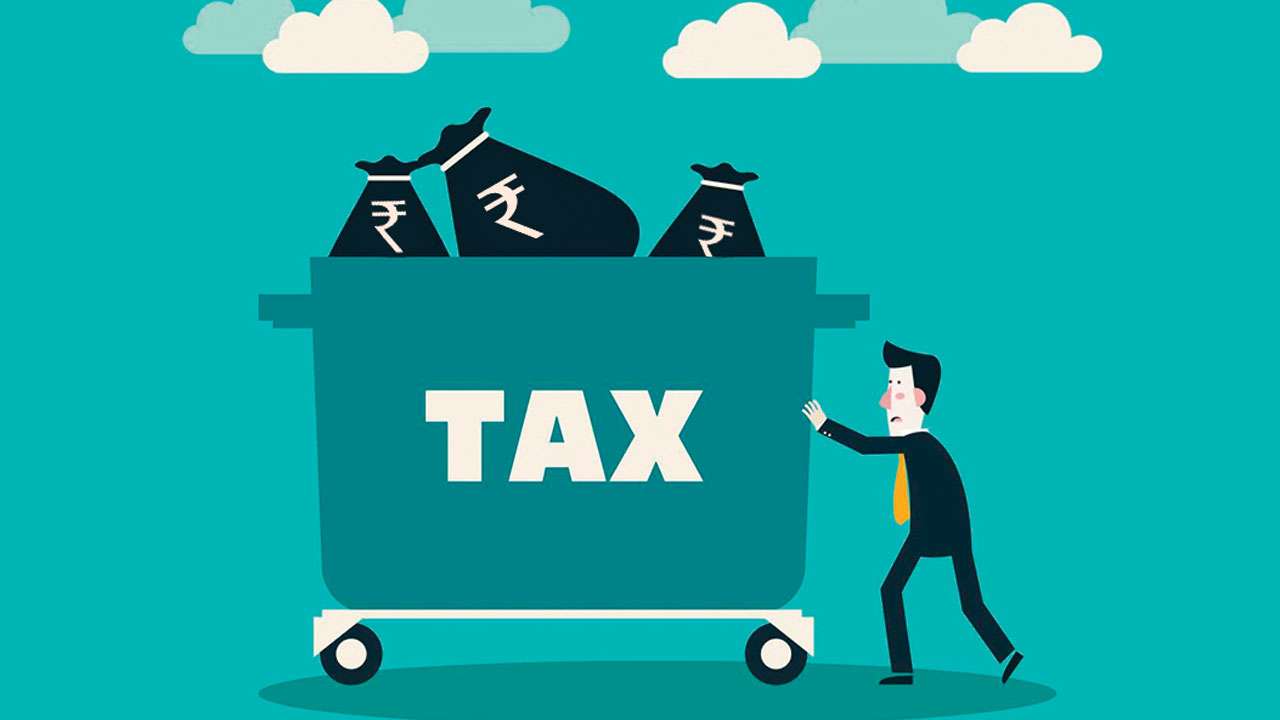
While the government is thinking of increasing tax exemption slab limit for individuals to Rs 5 lakh, there is a parallel talk going on for the reintroduction of Wealth Tax (WT), Inheritance tax (IHT), Banking Cash Transaction Tax, etc. IHT is generally levied on the estate and collected from the recipient of wealth. India had Estate Duty (ED) which was abolished in 1985 due to reasons such as insignificant IHT tax collections vis a vis cost of administration, the existence of both ED and WT for the taxpayer.
There is a revival of announcement done in 2012 by then finance minister, who hinted at the re-introduction of IHT to deal with an issue of accumulation of wealth in few hands. Probably, the government would have kept this on hold for various reasons and may be on account of a mixed view, whether it is a right time or not for India to introduce IHT considering the economic environment impact as well.
Currently, India is a developing country. With the abolition of Kings concept since India became independent in 1947, whatever IHT was to be collected from Kings and their heirs would have been achieved by 1984 under then prevalent ED. Also, India's major population would have suffered direct taxes on their income and indirect taxes while buying property such as GST, service tax, and transaction tax like stamp duty, etc. Further, the recent change in income tax law such as treating two properties as self-occupied properties in the last budget with restriction of housing loan interest to Rs 2 lakh for both such properties has hit high on individuals who have already bought the property. A large part of the wealth in India of the major population would comprise of real estate, liquidating the same to make payment of IHT and realising the worth would be a challenge. Further, the government should also consider whether it would be able to have a strong social security system for their taxpayers like other developed countries?
In a bid to shore up its coffers, while the government is planning to increase its revenue through the introduction of IHT, whether high administration cost could be an issue similar to the erstwhile ED that was abolished in 1985 and WT since 1 April 2016? While the government is providing various incentives to corporates with a focus of 'Make in India' and 'Globalisation', whether such additional levy would hamper or disincentive people and generation of wealth in India? Apart from direct and indirect tax, Non-Residents / NRIs investing in India must comply with Exchange Control Regulations.
The introduction of IHT happened worldwide in developed countries like Netherlands, UK and Germany where Kings have left behind not only their legacy for legal heirs and next generation but also huge wealth for them and it is effective, say in UK and USA, because they have a very strong social security system in place. The concept of levying ED / IHT then spread over in various developed countries like Canada, Portugal, Sweden, USA, Israel, etc. and developing countries like Argentina, Russia, Mexico, etc. including India who introduced ED in 1953 on 19th Century English enactment.
Latest trends over the last few decades are that many countries like Australia, Russia, Sweden, etc. have abolished IHT / ED.
There are many unanswered questions like -
Whether one should live life with their hard-earned money or leave behind the same for their successors and suffer IHT?
Whether there is a likelihood of multiple real estate being excluded from levy of IHT?
Whether the government is ensuring strong social security with re-introduction of IHT?
Whether inheritance of forefather's wealth would suffer IHT once again on inheriting same property from father?
Whether the cost increase for levy of IHT would be available on the value which has already suffered capital gain tax (CGT)?
Whether properties which have suffered ED / WT would be excluded from levy of IHT?
Whether IHT will provide credit for other taxes like CGT, stamp duty, WT, etc.?
In vogue of globalisation, whether India has initiated negotiation to enter into IHT treaties with other countries to avoid double taxation?
Considering the above, there is an expectation of analysis of the various facets before the re-birth of IHT in India!
Mayur Shah, tax partner, people advisory services, EY India
(Views expressed are personal)